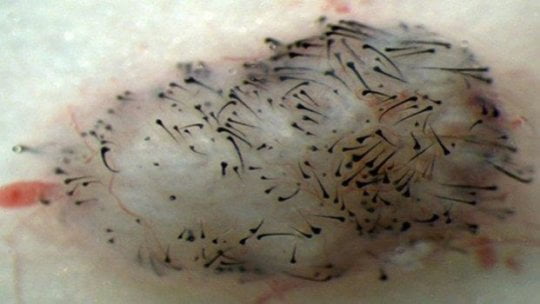
Dr Vipul Gupta, director of neuro-intervention at Artemis Hospital, said those with lower immunity , for example infants or immunecompromised patients, are at the highest risk for increased mortality due to infections.
Resistance to antibiotics is making it difficult to treat even milder illnesses, such as typhoid, Dr Rommel Tickoo, senior consultant, internal medicine, at Max Hospital Saket, said. He added that while earlier oral drugs could cure most patients, they now needed to give injectable antibiotics to 20-30% of them to treat the disease.
[“source-timesofindia”]






















Is antibiotic resistance a threat to surgical outcome? A retrospective study by AIIMSon 100 infants who underwent heart surgeries at the institute from June 2015 to June 2016 suggests so. Cardiac surgeons have found that 16 children developed hospital-acquired infection, which led to longer hospital stay and need for ICU support than those who didn’t. Also, of those who acquired infection, three died due to sepsis.
Dr Shiv Kumar Choudhary, additional professor of cardiac surgery at AIIMS, said Klebsiella was the most common cause of hospital-acquired infection. It is a ‘superbug’ that causes a range of diseases, depending on which part of the body it infects. “In the past decade, surgical outcomes have improved with expertise and improved infrastructure. But our study shows all this could remain useless if infections become untreatable,” he added.
Of the three infants who died due to infection at AIIMS, the first was a month-old child who had undergone arterial switch operation and ventricular septal defect closure. According to the study report published in the Indian Journal of Community Medicine, the infant had grown Klebsiella in endotracheal secretions and blood.The infection was resistant to commonly used antibiotics except colistin, and the baby succumbed on day 38 to sepsis with multi-organ failure.
The second child was 15 days old and his blood culture was positive for Klebsiella, again sensitive to colistin only . Despite starting colistin, the child succumbed on day 18 to septic shock. The third child was of 11 months old and he, too, developed a Klebsiella-positive blood stream infection and died on day 15 to sepsis.
Colistin is a fourth-generation antibiotic developed in the 1960s. Its use was forbidden in hospital-acquired infections as it damaged the kidneys, but doctors are using it routinely these days to save lives, say experts.
TOI had earlier reported the case of an elderly American woman who died in the US recently after having cont racted an infection while being treated for a thigh bone fracture in India two years ago. Tests showed no drug or combination of drugs available in the US would have cured the infection.
AIIMS trauma centre doctors said at least eight patients were identified with colistin resistant Klebsiella pneumonia at their hospital recently .
“The incidence of hospital-acquired infection has reduced significantly across big hospitals, in India and abroad. However, we are seeing that those who get it are difficult to treat because the organisms causing infections are resistant. We may lose many patients if this trend grows,” Dr Sumit Ray , vice chairperson, critical care at Sir Ganga Ram hospital, said.